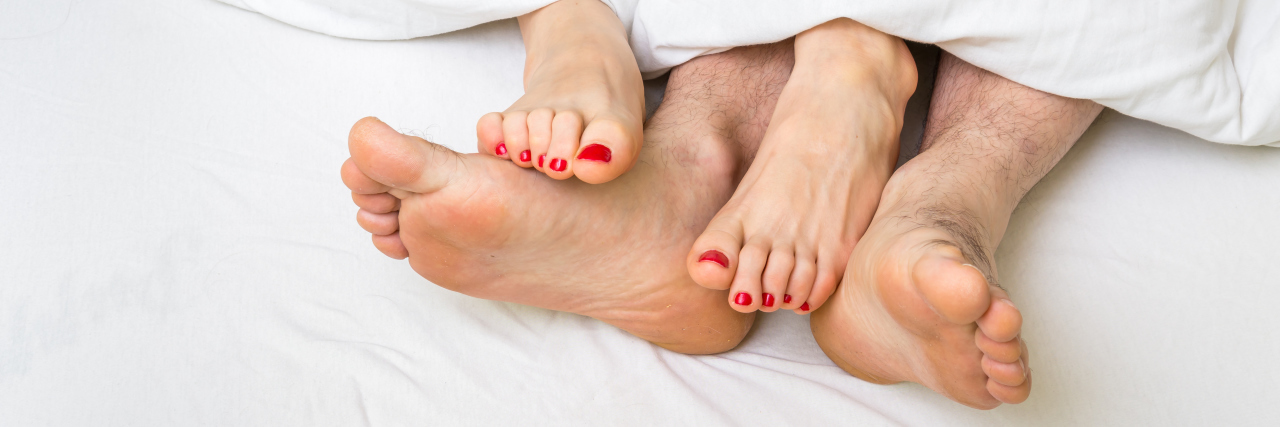Sexuality is ever-present in a woman’s life, whether she wants it to be or not. It is often the yardstick we are measured against: the sexual desire we arouse in others. This is an especially problematic issue when we discuss the disabled community, a community I have aligned myself with for the past five years. Sexuality and my community are not often discussed because we are either seen as non-sexual beings or overly sexual non-beings, both of which lead to a severe lack of information on safe sex and how to protect yourself in dangerous situations.
Disabled people deserve education to protect their bodies as much as anyone else. Sexuality is one of the most fundamental facets of a human being, a defining social and physical experience we have in common. If we continue overlooking sexuality’s necessity and power as a community, I believe we will never be given the chance to attain equality. This most basic human instinct needs to be addressed in the same breath that activists address creating equal access in public spaces. Our community deserves equality in and of our bodies.
We are human beings with real impulses, including sexual ones that may be uncomfortable to address but are necessary to fully grasp the needs of this diverse community. The conversation around sex is a difficult one, and different for everyone; we deserve to at least start the conversation. As I become more involved in my community and hear horror stories of sexual manipulation based on lack of education, I feel the need to have these conversations is glaringly obvious.
The question of who should start this conversation is also a tricky thicket. Disabled people are autonomous beings and deserve their privacy, but an awkward topic like sex could easily be pushed under the rug. I wish one of my doctors had started seriously discussing self-esteem, multiple sclerosis and sex with me early in my disease; it might have saved me from years of depression and confusion about my body as a woman in this society. A trusted outside influence who knows what they are talking about in regards to your health can be a vital resource for this part of your life.
If healthcare professionals truly want their patients to have the fullest, healthiest lives outside their offices it’s time to stop being coy. The more we dehumanize and distance the disability community from natural human instincts, the bigger disservice we are doing ourselves. Why is sex safety letting us down? In the immortal words of Salt-n-Pepa, “let’s talk about all the good things and the bad things that may be.”
Getty image by Andriano CZ.

